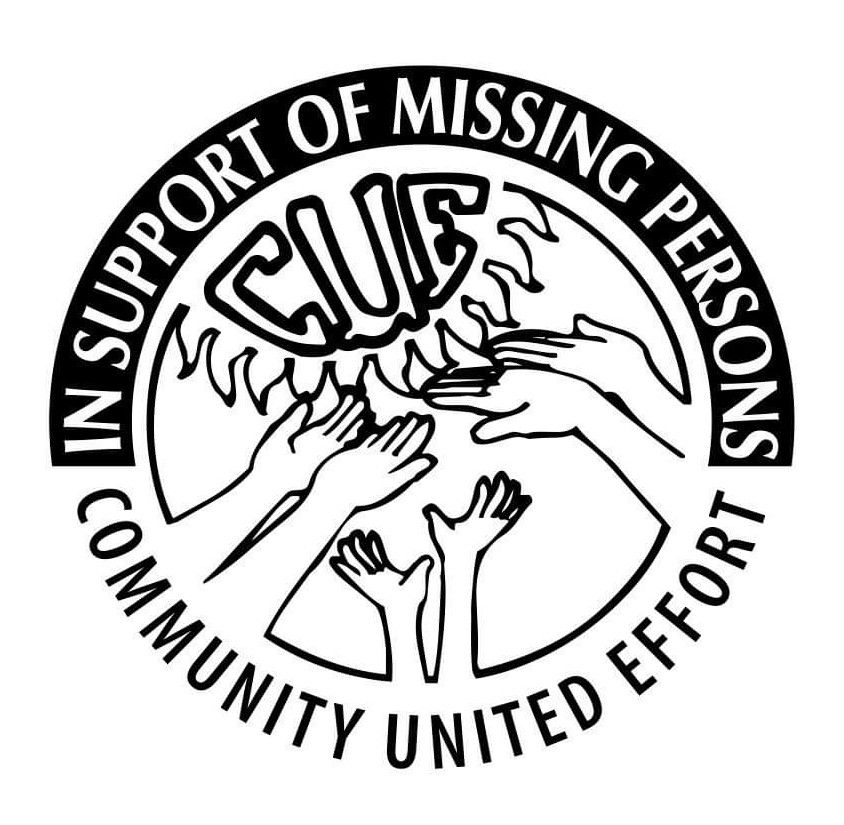“If you’re good to your horse, your horse will be good to you.”
(Michael White, CUE South Carolina State Outreach Coordinator)
When the call for volunteer horse teams went out during a search in 2013, Michael White responded. It seemed like a natural fit as he grew up with a lifelong love for horses and trail riding.
The search through wooded areas and along roadsides was an experience that left a lasting impression. Michael decided this was a way to use his skills for the benefit of missing persons. CUE Center for Missing Persons Founder, Monica Caison, asked him to coordinate future searches involving horses to better organize the efforts of the team. Michael, and his handpicked team of the six best horse searchers, can tap into approximately 50 others if needed. In the past 7 years, he has participated in more than 30 horse searches for CUE Center.
The misconception that anyone can ride a horse is not necessarily true.
It is important to recognize that a person and their horse have very special relationships. White related, “My horses are members of my family. They greet me. They have their own personalities and have to trust you. They need more space, are a little more territorial and are herd animals by nature. There is definite pecking order among the herd.”
Most are familiar with the breed of horses who work ranches and herd cows as the strong American Quarter Horse, which are typically used for searching. Tennessee Walkers are also used for searching and have a smoother gait for the ease of the rider.
Horses have many advantages when it concerns searching for missing persons. Anatomically, they have very good eyesight, a keen sense of smell as well as ears that move independently directing the rider where to go. Horses provide searchers a better way to see what is approaching and can even protect upcoming crime scenes before entry.
Some horses fear water, but most are very skilled at searching wooded areas and hilly terrain. In addition, they can cover wide open fields more efficiently than all-terrain vehicles. They work in tandem with the ATVs by coming up from behind and have a higher perspective.
Typically, law enforcement don’t have a contingent of horses at their disposal for searching. If they utilize horses, they may be used to direct traffic, monitor park activity, etc. However, professional riders are available to assist and have a great respect for equine searches.
Michael White related a particular case in which he felt the horse team made a difference. Requested to assist in the search of a 74 year old man who was diagnosed with Alzheimer’s disease, the team was brought in. The man supposedly walked away from his neighborhood while pushing a bicycle for about 10 miles. There was an extensive three day search in which the horses covered areas adjacent to a four lane highway bordered by woods and ditches. Although he was not recovered, White felt a sense of satisfaction that his horse team had done an excellent job.
Michael is very proud of his association with the CUE Center and feels that volunteering for CUE is one of the best things you can do to help someone else.
Plans are in the works for the CUE Center to create equine training sessions and a certification program for future growth.
Donations of time, skills and funds are always appreciated.
CUE Center is all volunteer and free of charge to the families it serves. To learn how to volunteer or donate please visit:
